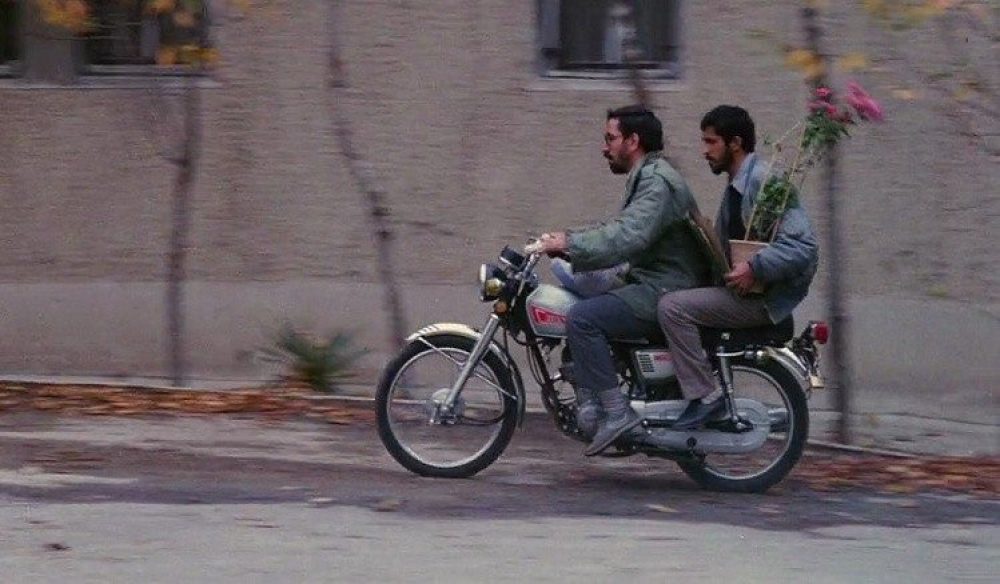This week, I have realized that my definition of modernity is not a common one. I define modernity as being the belief that capital-T Truth is neither universal nor local, but rather individual – that is to say that one person’s Truth might differ from another person’s Truth, and that both can coexist as valid equals. If “modernity” had the complex connotation that it has today in Machiavelli’s day, he likely would have defined it as the belief that one’s own (which is to say, the prince’s own) interests trump all other notions, which contains the belief that the ultimate “good” for oneself as the prince is one’s continuing to rule over one’s principality. Many would define “modernity” as being exposed to and holding as equally valid other cultures and belief systems. Overall, one thing that these definitions have in common is their belief in the individual’s ability to define one’s own purpose and Truth. (According to this definition, I am no modernist.) To be clear, I realize that these definitions are narrow and, perhaps untruthfully or paradoxically, exclude Rubashov because he has little to no care for himself or for any particular individual until his bitter end.
Now that the definition of modernity for the sake of this blog post has been nailed down, I must say that modernity comes from lowercase-h history. The French citizen became a modernist when they realized that they could claim their own destiny and, using their reason, define what the state ought to be and what the individual “Good Life” consists of. The young Chinese farmer became a modernist when they decided that, against their family’s will, they leave to live in the city and design their own life apart from tradition. The cleric’s child became a modernist when they decided that, despite their upbringing, they were going to use their individual reason, as opposed to their family’s authority, in order to chase after Truth on their own accord.
